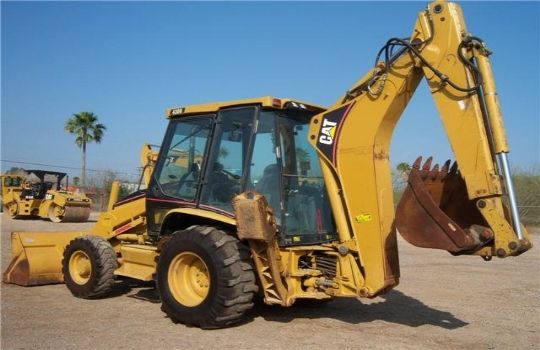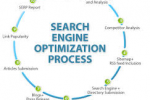Humans have for centuries built structures that continue to astonish. From the pyramids of Giza to the Mayan cities and even to recent marvels of architecture such as the Eiffel tower, the desire to build has never been stronger than in the 21st century. Advances in engineering and technology have seen man accomplish architectural feats previously considered the stuff of fiction. In this modern age construction equipment forms an integral basis of any building or construction plans. Construction equipment comes in a wide array of machines and contraptions and often equipment leasing is favored. The question however is, how does construction equipment leasing benefit the current building trends?
Infrastructure development is considered the platform upon which economic growth of any nation takes off from. Compared to the age of pyramid building where construction was often at the expense of human lives, today’s construction environment tends to hinge more on worker safety more than ever. In this age, large construction projects are undertaken by contractors. Contractors are consulted by governments, organizations and institutions, private individuals or groups to build projects such as highways, dams, housing projects, schools, airports, hospitals and prisons among others.

Bulldozers, cranes, booms, backhoes, tractors and cement mixers are among a few of the construction equipment most sought after by contractors while leasing. Equipment leasing is an extended rental agreement where the equipment’s owner permits use, or operation of construction equipment in exchange for periodic lease payments. It is estimated that up to 80% of construction companies in the United States lease some even all of their equipment. So what really is the motivation behind lease agreements? What are some of the benefits realized?
- The amount in volume of payments made towards leasing of equipment is considerably lower compared to financing construction equipment ownership. Expenses such as taxes levied on equipment purchases and hefty down payments are avoided. This preserves cash flow building a healthy credit line.
- Depending on the lease agreement terms, the contractor incurs no additional costs on expenses such as equipment maintenance and servicing.
- Leasing agreements allows contractors to choose from a wide array of equipment choices. Contractors are able to choose from the very latest in advanced machinery. This arrangement means that the contractor will get the very best value for money worth of construction equipment.
Contractors may source construction lease agreements from several outlets which may include:
- Captive Leasing Companies: These are subsidiaries of the equipment manufacturing companies.
- Independent Leasing Companies: These are firms specifically set up to run equipment lease agreements. They may offer several financing options and vary in size.
- Equipment dealers and distributors may also arrange strategic lease agreements either independently or in liaison with leasing companies.
- Brokers are another option in construction equipment leasing. These act as intermediaries between the lessor and the lessee.
It is worthwhile noting that construction equipment leasing is not limited to the heavy machinery, business vehicles and computers are also considered an important part of building projects. Choosing the budget appropriate lease agreements goes a long way in seeing construction projects through to their completion.
In conclusion, there is no real right or wrong choice in construction equipment leasing or acquisition financing. Every contractor faces a unique set of challenges in their operations. One construction company’s strategies may prove disastrous to another. Evaluating the terms of a lease agreement may provide better insight while highlighting loopholes that may be used to take advantage of the contractor.
Written by Lindsey Rentals. Lindsey Rentals offers the best equipment rentals in Columbia, MO.























